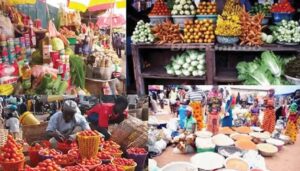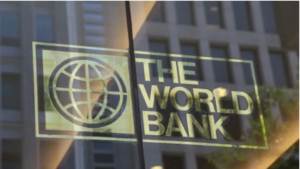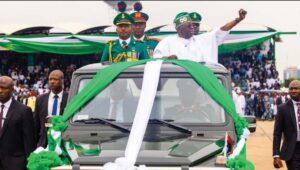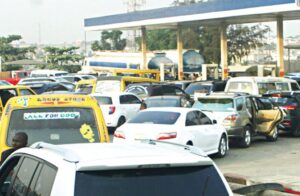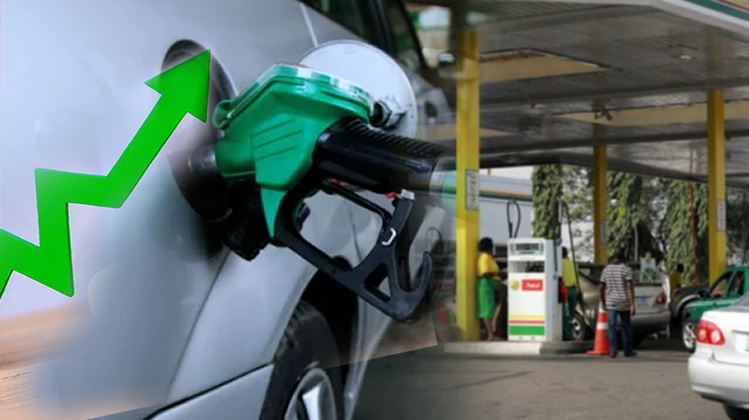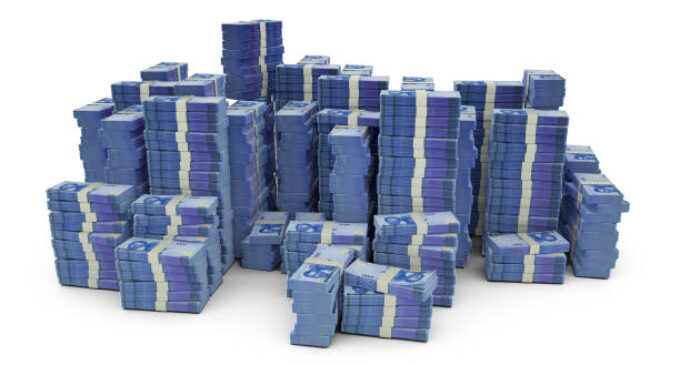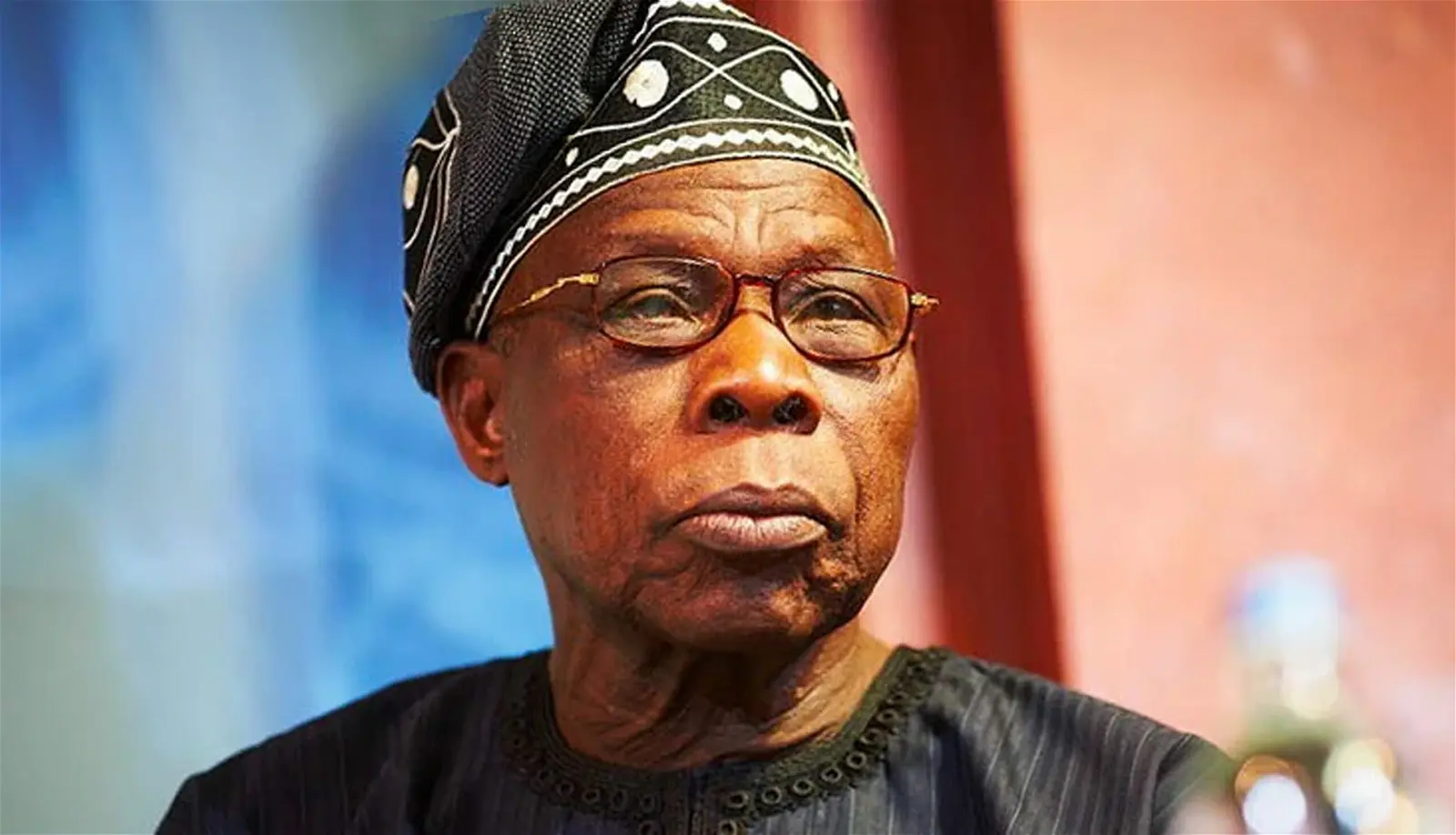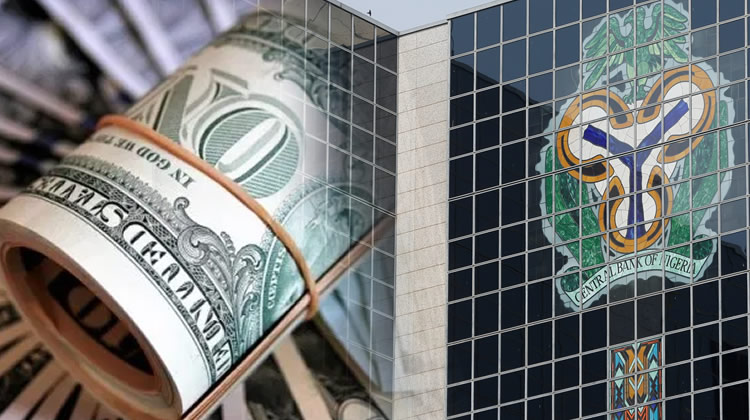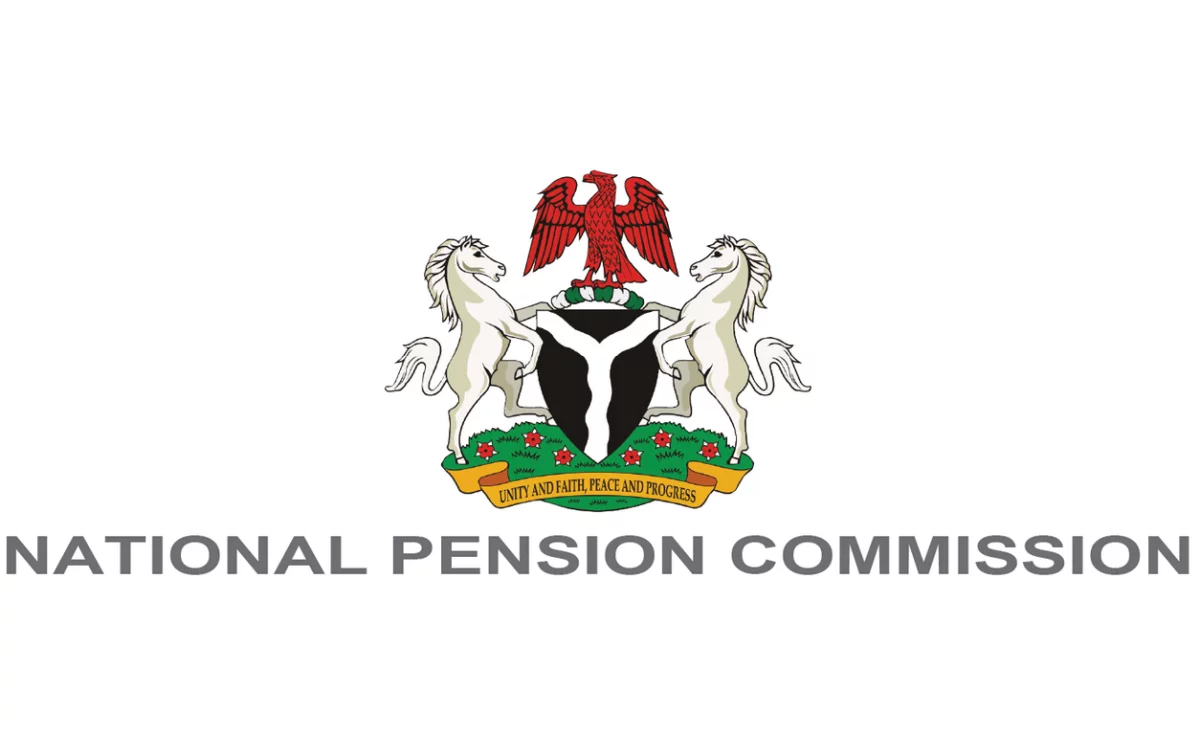Petrol no longer subsidised in Nigeria, FG replies W’Bank

The Federal Government has denied the claims of the World Bank on the continued payment of the fuel subsidy on petrol.
In an interview on Channels Television on Thursday, the Minister of Information and National Orientation, Mohammed Idris, said President Bola Tinubu had made it clear from his first day in office that his government would not sustain the payment of subsidy on petrol.
According to Idris, the removal of the petrol subsidy had led to an increase in the revenue accruing to the Federation Account.
“Subsidy is gone, and the President told Nigerians from his first day in office that there won’t be subsidy (on petrol). It is because subsidy has gone that we have so much money available for the government to do so many things. Of course, it’s never enough, but fuel subsidy is gone and it’s gone for good,” the minister stated.
He added, “There are instances where the government needs to come in to see that things don’t go so bad. That’s the responsibility of the government. Every rule will also have its self-adjusting mechanism, but I can assure Nigerians that the subsidy is gone.
“If you look at the monies accruing to the Federation Account and the kind of money the states are receiving, you would know that everybody desires that subsidy should go. What do we do with that subsidy, I think, is the next question. We need to scrutinise that so that Nigerians would benefit from the subsidy that has been taken away. Subsidy is gone.”
Marketers project
Reacting to the argument by the Federal Government that the petrol subsidy had gone, the National Secretary of the Independent Petroleum Marketers Association of Nigeria, Chief John Kekeocha, said this was not true.
Kekeocha said the government was afraid that the removal of the subsidy would lead to unrest.
“It is funny when government personnel who don’t know the realities on the ground come to the open and mess the government up. How can you say that subsidy is gone? No reasonable person who knows the dynamics of the market globally will say that.
“As we speak, a pound is about N1,480 or more, and a dollar is about N1,200 or more. So what is the magic to use and say subsidy on PMS is gone? The government is subsidising PMS because if it gets to N1,000/litre the country could be set on fire.
“So the government is apprehensive. Just like I keep saying, the things they ought to have done before the removal of subsidy on petrol, were not done. They are now beginning to sit with organisations and try to know what they ought to have done.
“So no reasonable government personnel who knows the politics or dynamics of the downstream oil sector would come out and say subsidy has been removed. There is a subsidy, the government is subsidising the product which is why you can see fuel at N650/litre,” he stated.
Asked whether he shared the view of the World Bank that the pump price of petrol should be N750/litre, Kekeocha replied, “Even at N750/litre it is still subsidised. What is the cost of fuel in London? It is about N1000 to N1,200/litre. So that is the range we should be looking at.”
Earlier, the National Public Relations Officer, IPMAN, Chief Ukadike Chinedu, told one of our correspondents that the subsidy on every litre of petrol should be about N400 currently.
“Remember I once told you that we are operating quasi-subsidy, but now that quasi-subsidy scenario is gone. It is now a full subsidy on PMS because the naira is down, so there is nothing you can say about it.
“Since the dollar is now about N1,100, if you buy it at that price for the purpose of importing petrol, that means PMS should be selling around N950 or N1,000/litre. This is because when the dollar was N750, petrol was sold at N595/litre. So there is no magic about this.
“Also, the cost of diesel is skyrocketing. Now, when diesel is sold at over N1,000/litre, the difference between its cost and that of PMS is not more than N5 or N10/litre in normal circumstances,” he stated.
The Convener, Nigerian Unity and Progressive Forum, Ifeanyi Egwuagu, called on Civil Society Organisations to embark on a nationwide peaceful demonstration to demand concrete action from the government towards ameliorating the sufferings of Nigerians.
In a statement issued in Abuja, Egwagu expressed worry over the economic hardship being faced by the majority of Nigerians over the years and accused the Tinubu administration of taking the sufferings of Nigerians to a higher degree through the removal of the subsidy.
“The plan to remove fuel subsidy has been on the front burner over the years. There is a logical argument that the positive impact of removing the subsidy will be felt in the long run.
“However, a government that truly has the socio-economic well-being of the people at heart will put in place sustainable measures to lessen the sufferings associated with the immediate subsidy removal.
“I cannot see any clear-cut vision by the present administration to enhance the socio-economic well-being of Nigerians. For me, what President Tinubu did was to put the cart before the horse.
“If a powerful cabal was alleged to have been stealing subsidy money, why not go after the cabal and recover the stolen wealth of the people from them? In any case, I do not see this government fighting corruption as desired by good-thinking Nigerians.”
Fuel queues
In a similar development, the Independent Petroleum Association of Nigeria, on Thursday, said it would meet the Group Chief Executive Officer of the Nigerian National Petroleum Company Limited, Mele Kyari, to demand the supply of more Premium Motor Spirit, popularly called petrol.
It disclosed this while responding to questions on what was being done by the association to address the queues for petrol at filling stations operated by both major and independent marketers, as well as the lack of products by IPMAN members.
Speaking on the sidelines of the National Delegates Election of the association in Abuja, the newly elected National President of IPMAN, Abubakar Maigandi, said his team would work hard to ensure the seamless distribution of petroleum products nationwide.
Commenting on the queues at filling stations and the lack of products by some independent marketers, Maigandi said, “We are going to contact the GCEO of NNPC to make sure that all the required products are being supplied to us so that we should be able to get our filling stations with PMS and others.”
On the move by the Federal Government to deploy Compressed Natural Gas as an alternative to PMS, the new IPMAN boss said it was a welcome development and promised that members of the association would participate fully.
“We are ready to key into Mr President’s programme on CNG in such a way that you are going to see all our members participating fully in the programme,” Maigandi stated.
Speaking about the elections that produced him as president, Maigandi said other contestants for the position of IPMAN president stepped down and gave him their support to lead the association.
“They stepped down for me, therefore I need them so that we can be able to move this association forward and help the administration of President Bola Tinubu in moving the oil sector forward,” he stated.
The Chairman, Board of Trustees, IPMAN, Aminu Abdulkadir, said the elections successfully produced new officials who would run the association for the next five years.
“By our constitution, we are saddled with the responsibility of conducting the elections, and we have done our job well because there was no single dissenting voice. We have conducted a successful election and our members are happy about it.
“This is because the wishes of the people have been expressed here. I want to also state that IPMAN, as a critical stakeholder in the downstream oil sector in Nigeria, has turned a new leaf today with the emergence of its latest leadership.”
Other newly elected executives of the association include the National Vice President, Adekunle Fasola; National Secretary, James Tor; Assistant National Secretary, Suleiman Yakubu; and National Treasurer, Umar Aliyu.
The National Organising Secretary is Ben Odjugo; National Legal Adviser, Nnanna Oru, among others.
Also, the Federal Ministry of Finance, on Thursday, said details of the proposed plan to scrutinise the dollar oil revenue flow accrued to the government from financial gains of fuel subsidy removal would be released and widely publicised when completed.
The Director of Press and Public Relations, Stephen Kilebi, offered this explanation when one of our correspondents sought further clarification on plans to scrutinise the Nigeria National Petroleum Corporation Limited as earlier indicated by the Minister of Finance, Wale Edun.
Kilebi said the audit, which was a work in progress, represents the government’s effort to be accountable to the public and all processes and procedures would be released.
He said in a telephone interview, “Well I don’t think those details should be in public domain for now because it should be a work in progress.
“And since that is the intention of government, I think they would be working towards that. So when they are perfected and procedures completed. They will come to tell the public how the audit will be done.”
Recall that the minister had revealed during a panel session at the World Bank’s Nigeria Development Update Release, that the government was ready to scrutinise the revenue flow from the National Nigerian Petroleum Company Limited.
In the report, the World Bank raised transparency and accountability issues about the financial gains from fuel subsidy removal remitted by the NNPCL and the impact of subsidy removal on federation revenues.
According to the World Bank, while revenue gains from the exchange rate reforms are visible, more clarity is needed on oil revenues, including the fiscal benefits from the PMS subsidy reforms.
It declared, “Nominal oil revenue gains have been evident since June; these are mostly categorised as ‘exchange rate gains’”, suggesting that they are due to the naira depreciation.
“Except for the exchange rate-related increases, however, there is a lack of transparency regarding oil revenues, especially the financial gains of the NNPC from the subsidy removal, the subsidy arrears that are still being deducted, and the impact of this on federation revenues.
“It is also unclear why retail petrol prices have not changed much since August, despite fluctuations in the exchange rate and global oil prices.”
The institution further expanded that gains in net oil revenue of the federation were lower than what they should have been considering what the removal of fuel subsidy should have added to the accounts.
The PUNCH reports that the expanded scrutiny comes barely a week after a former Governor of the Central Bank of Nigeria, Lamido Sanusi, alleged that the NNPCL might not be remitting enough dollars to the Federation Account despite the subsidy removal.
(Punch)
Join our new WhatsApp community! Click this link to receive your daily dose of NEWS FLASH content. We also treat our community members to special offers, promotions, and adverts from us and our partners. If you don’t like our community, you can check out any time you like.

